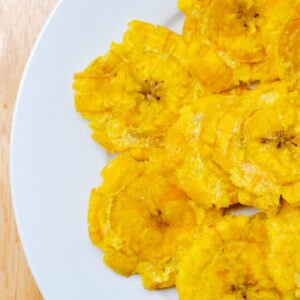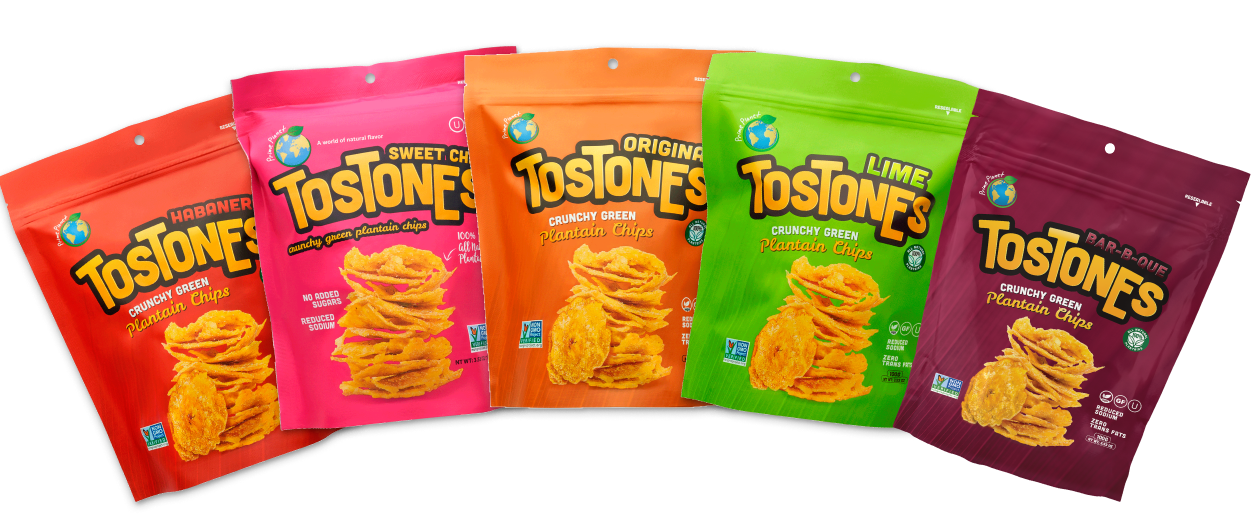
One of the lesser-known truths about preservatives is that they’ve existed since ancient times, in the form of salt and spices. A scroll of Ancient Mesopotamian origins records a long list of aromatic plants, such as sesame, turmeric, garlic, and many others. All of these seasonings occur naturally and are perfectly safe (with the exception of garlic if you’re a vampire).
“The fact that our crunchy green plantain chips are all-natural and have no preservatives whatsoever is one of our biggest bragging points,” says Prime Planet Business Development Manager Marie Gonzalez, “no matter what the flavor – Lime, Sweet Chile, Bar-b-que, Habanero or Original.”
When did the Problem Start?
Artificial preservatives came about in the 19th century, as humankind’s quest for scientific knowledge and desire to control nature gained popularity. As the Agricultural Revolution gave way to the Industrial Revolution, the need to facilitate mass production increased – along with the need to preserve food products for longer shelf lives.
Artificial Preservatives to Avoid
There are two main categories: nitrites/nitrates and certain antioxidants known as BHA and BHT.
Nitrites and nitrates are preservatives added to processed meats (sodium nitrite 250 and sodium nitrate 251). They’re not bad in and of themselves, but they do turn into harmful chemicals called nitrosamines. Nitrosamines are found in cigarette smoke. Nitrites form nitrosamines when they’re cooked at high heat. It’s thought that sodium nitrate may damage your blood vessels, making your arteries more likely to harden, leading to heart disease.
Antioxidants like Butylated Hydroxyanisole 320 (BHA) and Butylated Hydroxytoluene 321 (BHT) are added to many processed foods. The main way BHA and BHT work is by preventing fats from going rancid. They’re approved for use as preservatives at small doses and are typically found in margarine and spread. They are listed as “possibly carcinogenic to humans” by the World Health Organization’s International Agency for Research on Cancer.
Good News From Prime Planet
There are only three simple ingredients in Tostones: Plantains, Palm Oil, and Salt. The recipe is that simple. While it’s true that salt is technically a preservative, it’s an ancient, natural one and nothing about it is created in a laboratory. Also, as our previous blog post on salt reveals, Tostones are low in sodium.
“We at Prime Planet care about the health of our consumers,” states Gonzalez. “That starts with keeping our recipes as simple and as natural as possible.”
About Prime Planet
An innovative international food company based in Miami, Prime Planet is committed to bringing to market great quality snack products that are delicious and nutritious. Its all-natural brand of Tostones offers not only the most delicious flavor, but are an all-around healthier snack option, too.
Knowledge, expertise, and direct access to leading global logistics and distributors of wholesale snacks and bulk-food products allow Prime Planet to find the shortest and most efficient commercial routes for ideal product shipment and product placement.
Be a Green Plantain Snack Distributor
For more information, or to become a distributor, visit www.primeplanet.net; or contact Business Development Manager Marie Gonzalez at 305-592-2044; or via email at bdm@primefreshproducts.com.



